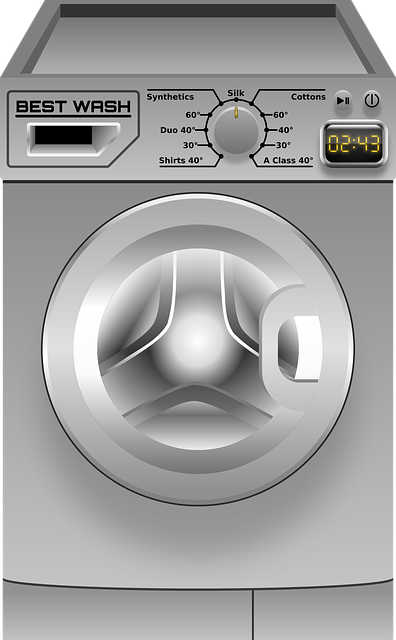Coolers: Keeping Things Chill – A Complete Guide
The term “cooler” can refer to two primary contexts: cooling devices (like computer coolers or beverage coolers) and slang for something “cool” or fashionable. Here’s a breakdown of both:
1. Cooling Devices
Coolers are designed to reduce heat and maintain optimal temperatures. Common types include:
Computer Coolers
- CPU Coolers:
- Air Coolers: Use heat sinks and fans to dissipate heat from the processor (e.g., Noctua NH-D15).
- Liquid Coolers: Circulate coolant through tubes and radiators for efficient cooling (e.g., Corsair H100i).
- GPU Coolers: Keep graphics cards from overheating during gaming or rendering.
- Case Fans: Improve airflow inside PC cabinets.
Beverage Coolers
- Portable Coolers: Insulated boxes for picnics (e.g., Yeti, Coleman).
- Electric Coolers: Plug-in/wireless devices for cars or homes (e.g., Dometic).
Industrial Coolers
- AC Units: Regulate room/office temperatures.
- Refrigeration Systems: Used in food storage, labs, or data centers.
2. How Computer Coolers Work
- Heat Transfer: Coolers absorb heat from components (CPU/GPU) and release it via fans or liquid.
- Thermal Paste: Applied between the cooler and processor to improve heat conductivity.
- Radiators: In liquid cooling, radiators with fans disperse heat from the coolant.
3. Why Coolers Matter
- Performance: Overheating can throttle speed or damage hardware.
- Longevity: Proper cooling extends the lifespan of electronics.
- Noise Reduction: Efficient coolers run quieter under load.
4. Choosing the Right Cooler
- Air vs. Liquid Cooling:
- Air: Affordable, low maintenance.
- Liquid: Better for overclocking, sleek aesthetics.
- Size Compatibility: Check cooler dimensions for your PC case.
- TDP Rating: Ensure it matches your CPU/GPU’s thermal design power.
5. Eco-Friendly Cooling
- Passive Cooling: Fanless designs for silent, energy-efficient systems.
- Phase-Change Materials: Advanced tech used in industrial cooling.
Fun Facts
- The first computer liquid cooling system was used in supercomputers like the Cray-2 (1985).
- Portable coolers can keep ice frozen for up to 7 days (high-end models).
Title Suggestions for Articles
- “Air vs. Liquid Cooling: Which Saves Your PC from Meltdown?”
- “From CPUs to Cocktails: The Science of Staying Cool”
- “Silent but Deadly: The Rise of Fanless Computer Coolers”
- “Why Your Gaming Rig Needs a Liquid Cooler (And How to Pick One)”
- “Cooler Tech 2024: Innovations in Heat Management”
Need more details on a specific type? Ask away! ❄️💻
